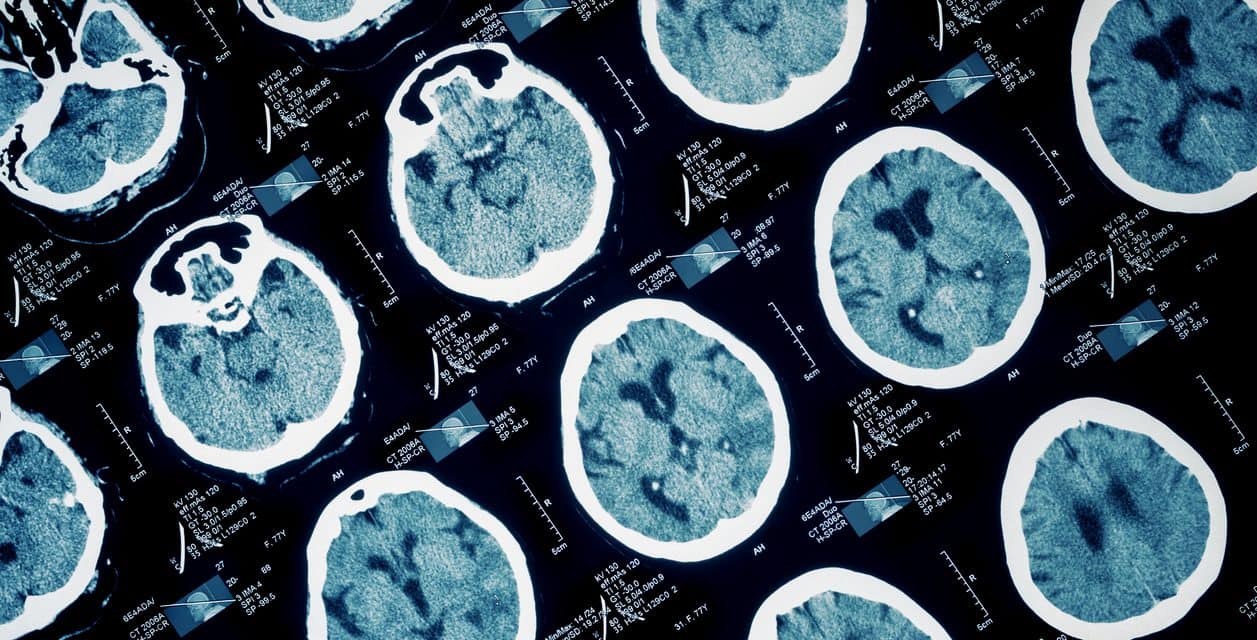To assess the historical trends of medical eponym use in neurology literature and knowledge and attitudes among current trainees related to eponyms.
A comprehensive list of medical eponyms compiled from multiple online and print sources was queried against the titles and abstracts of PubMed articles authored by neurologists to assess historical prevalence in the literature from 1988 to 2013. We also surveyed current neurology trainees and trainees who have matched for residency in neurology, but not yet started neurology training, on their familiarity and attitudes toward eponyms.
The yearly prevalence of eponyms among neurologist-authored publications ranged from 15% and 25%, with a mean of 21%. The total number of unique eponyms appearing in titles and abstracts increased from 693 in 1988 to 1,076 in 2013, representing 1.8% average annual growth. Our survey showed that residents with at least 1 year of neurology training reported familiarity with significantly more eponyms than those before neurology training ( < 0.001). For familiar eponyms, most residents were either unaware of an alternative descriptor or preferred using the eponym. Despite recognizing both the benefits and drawbacks of eponyms, the vast majority of trainees stated that historical precedent, pervasiveness, and ease of use would drive the continued use of eponyms in neurology.
Eponyms will remain a cornerstone in medical education and communication moving forward. Educators in neurology should consider how best to integrate useful eponyms and alternative descriptors into residency training to enhance knowledge acquisition and retention.
© 2020 American Academy of Neurology.
Eponyms are here to stay: Usage in the literature and among current neurology trainees.


